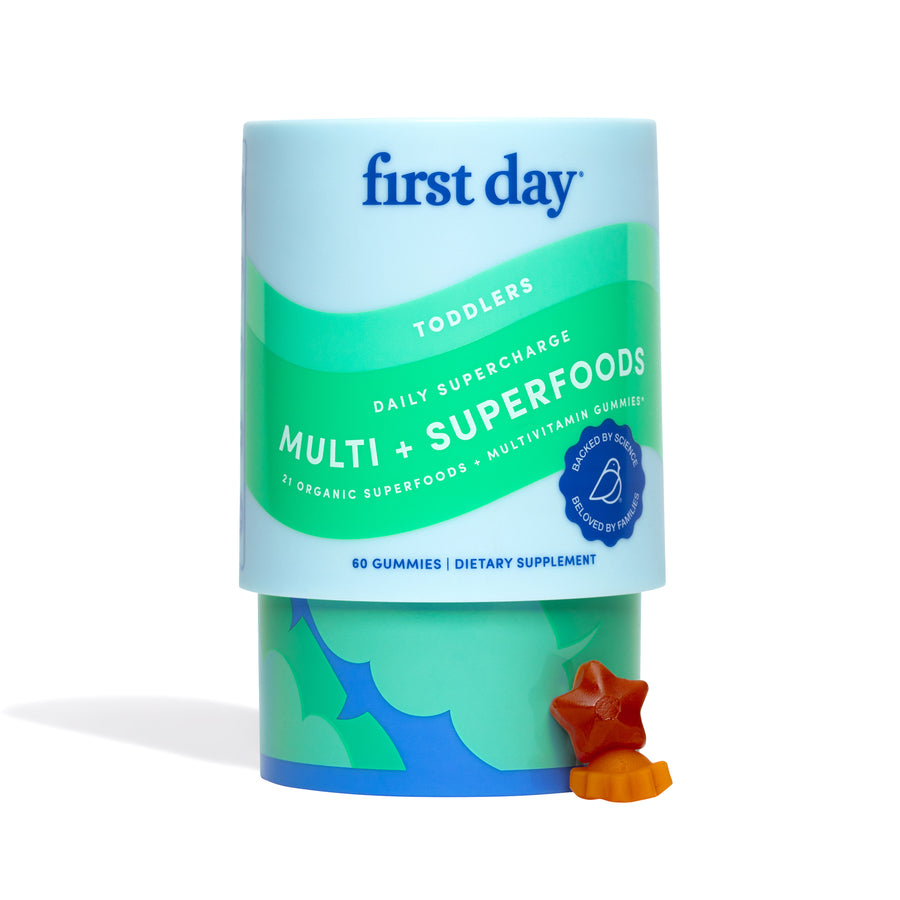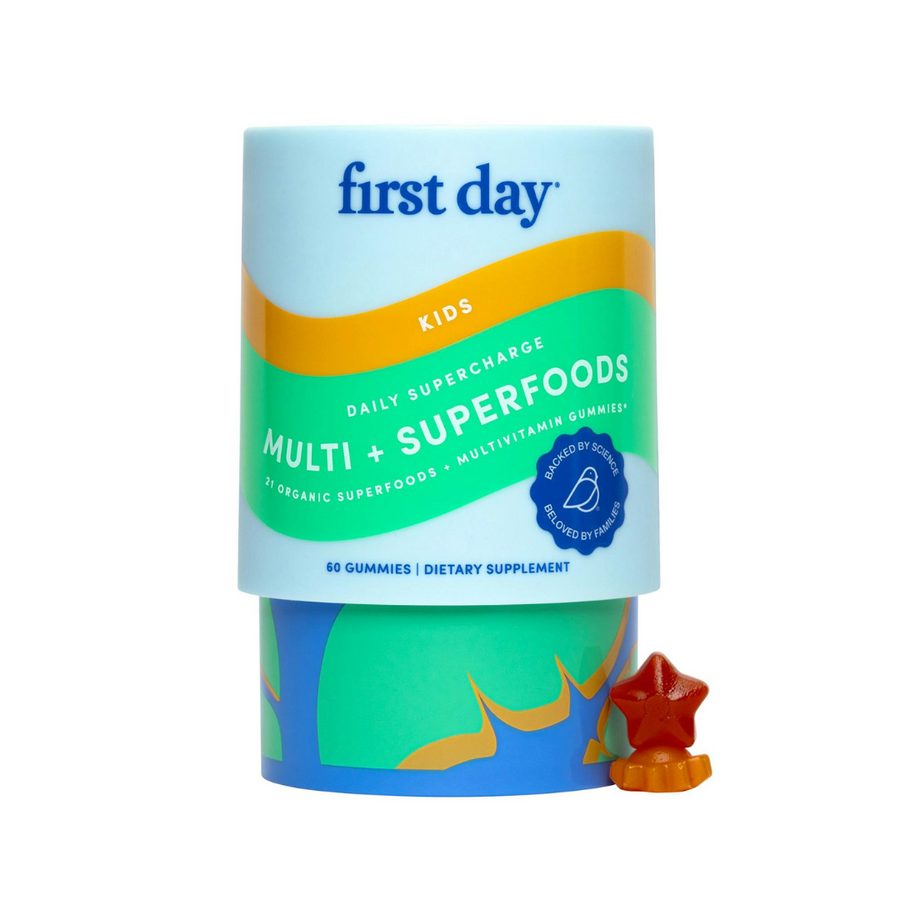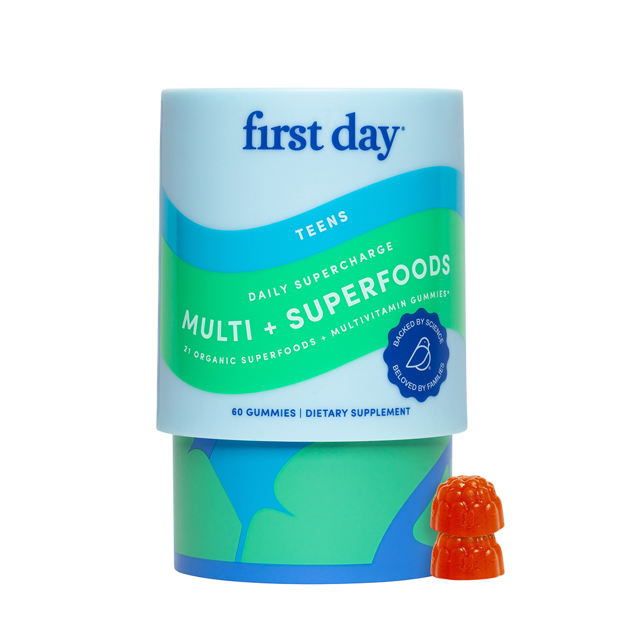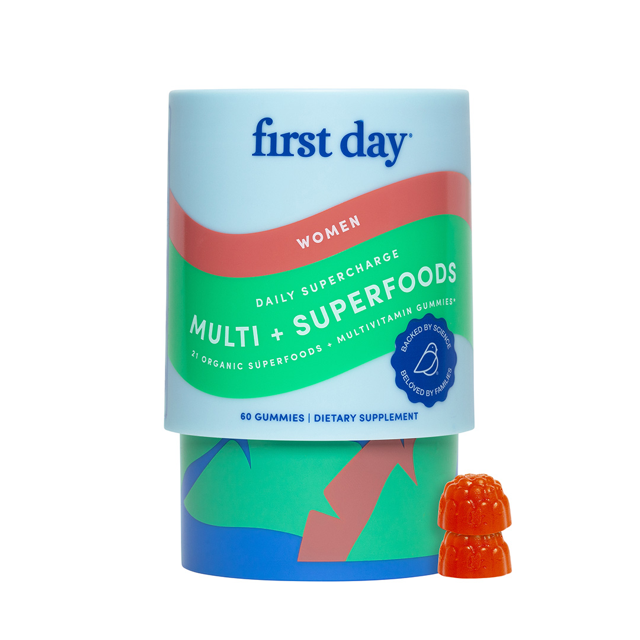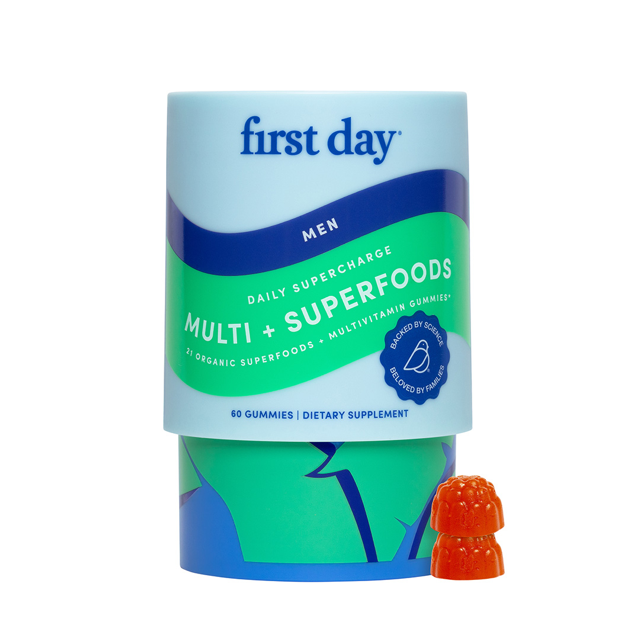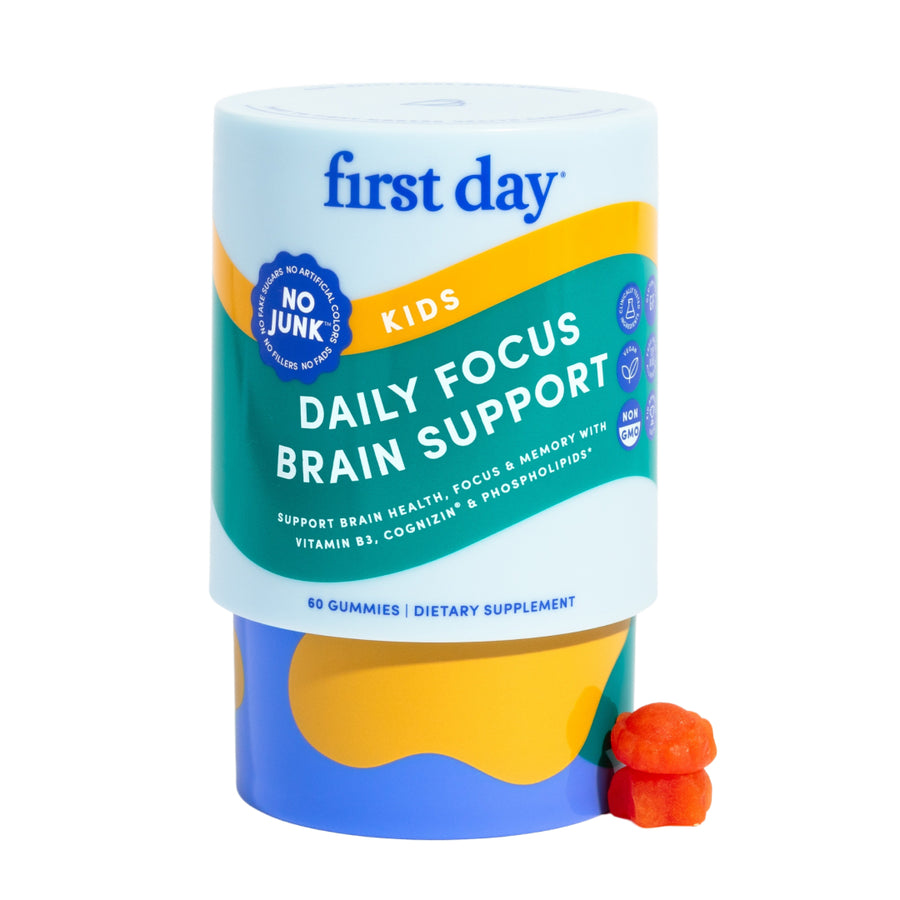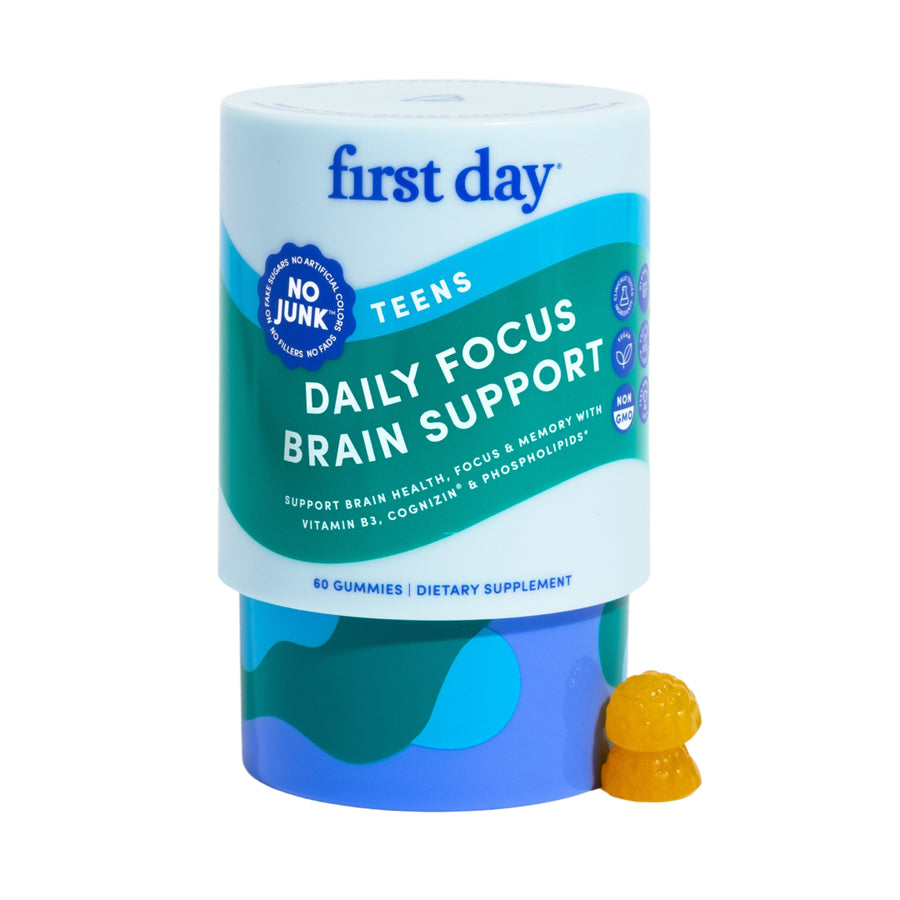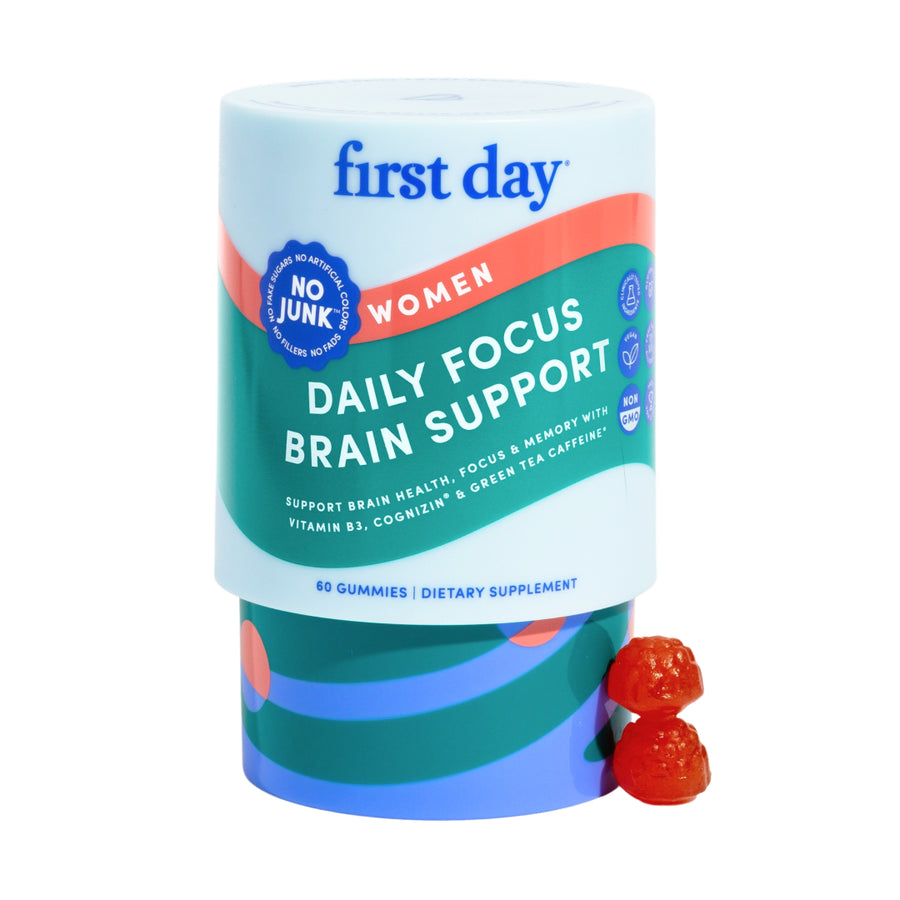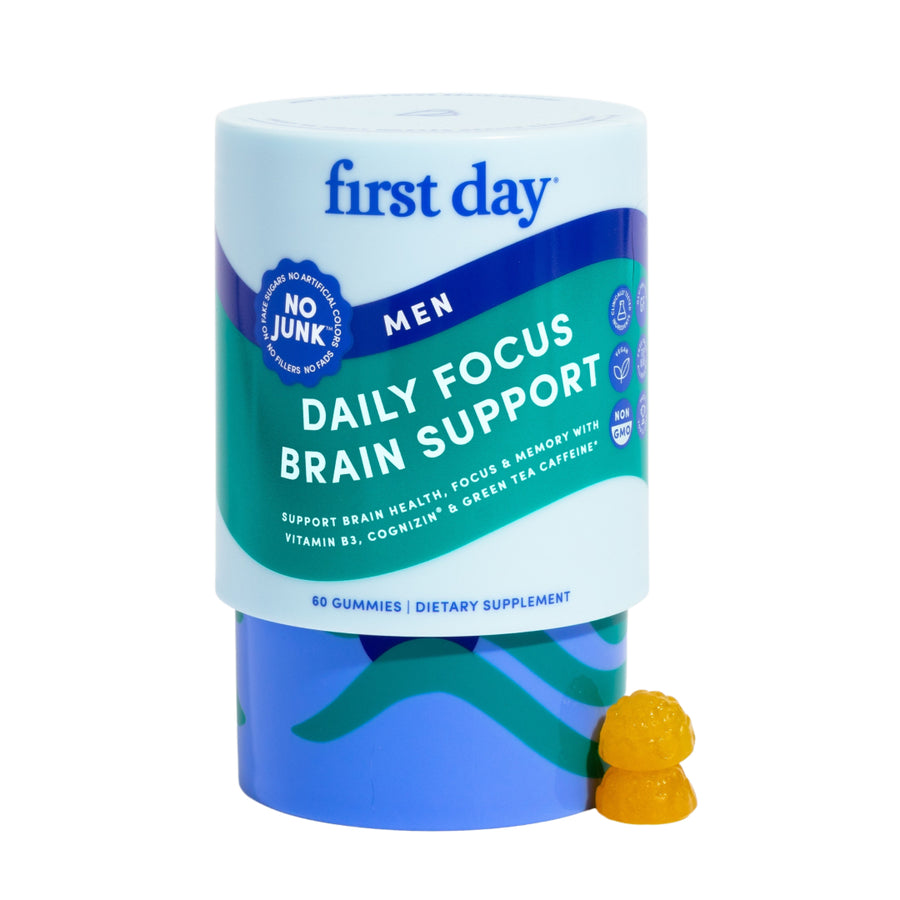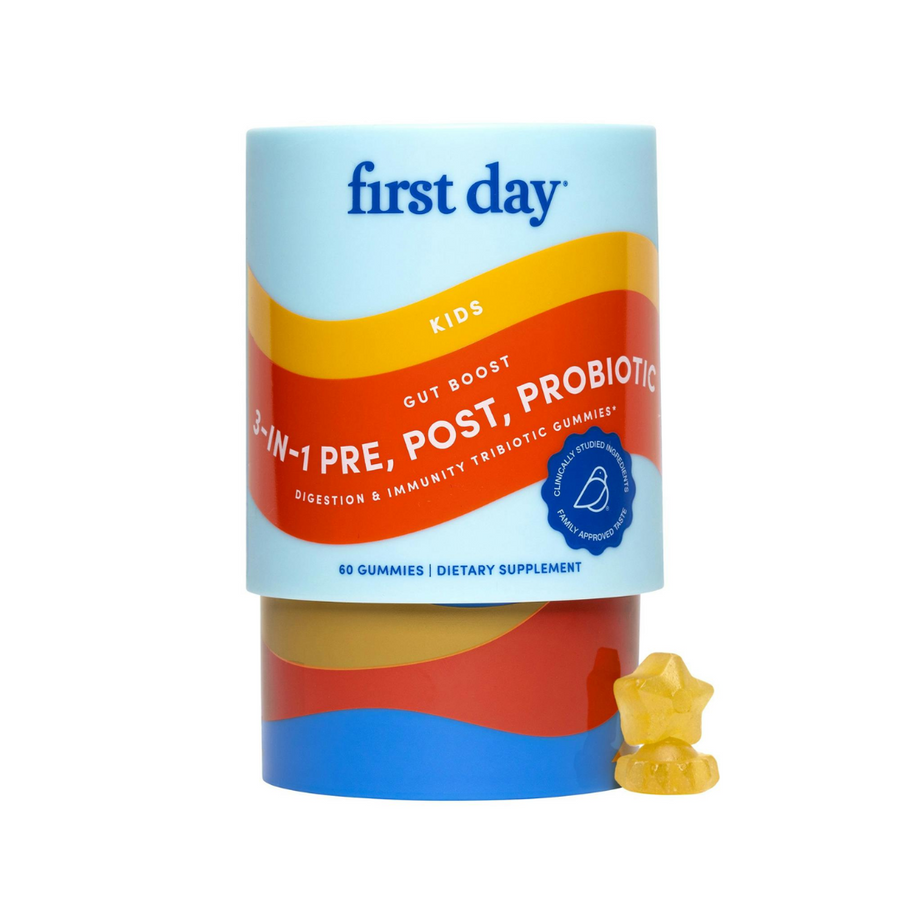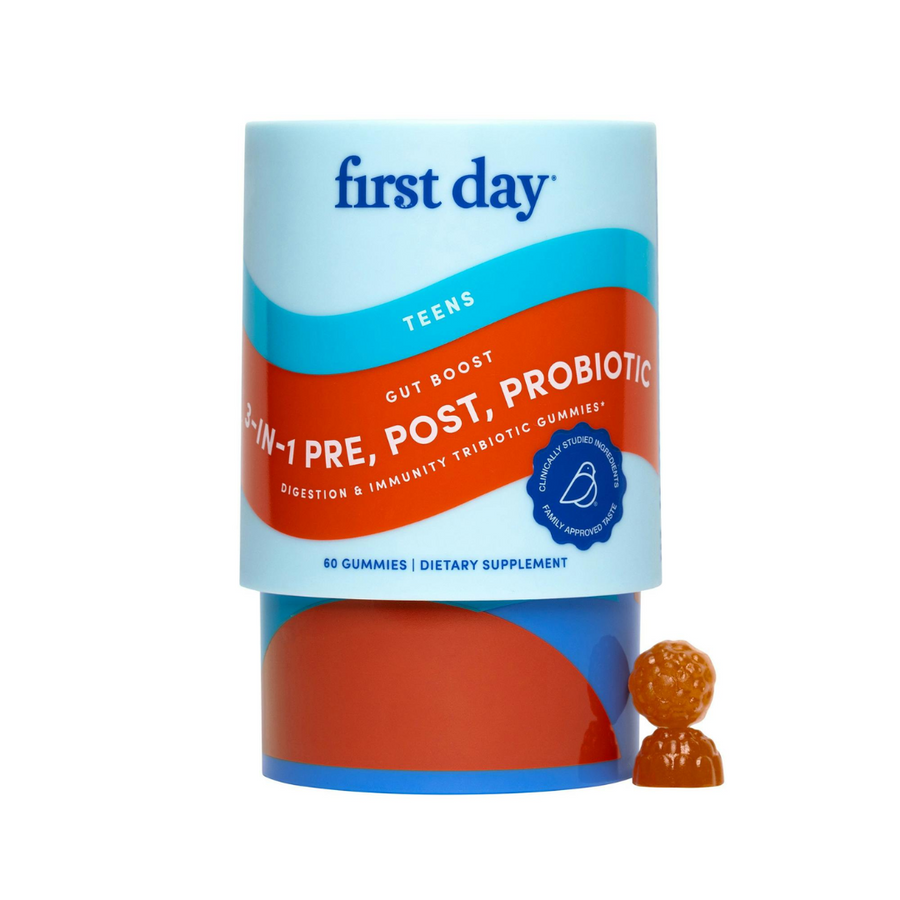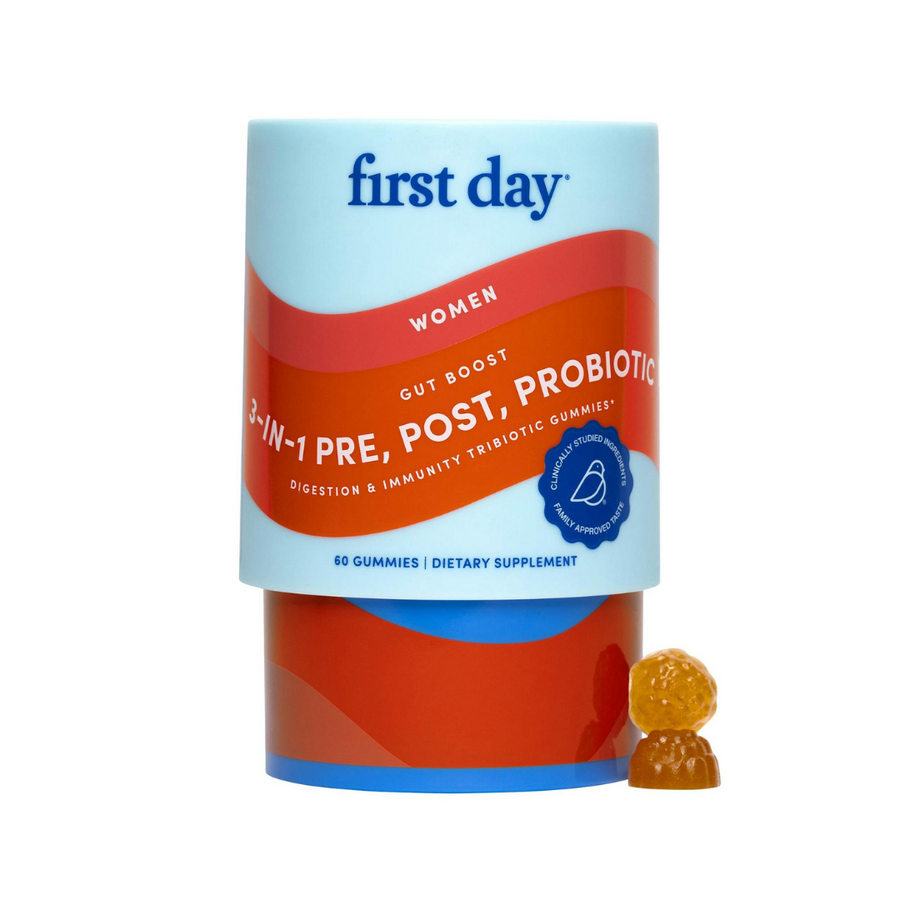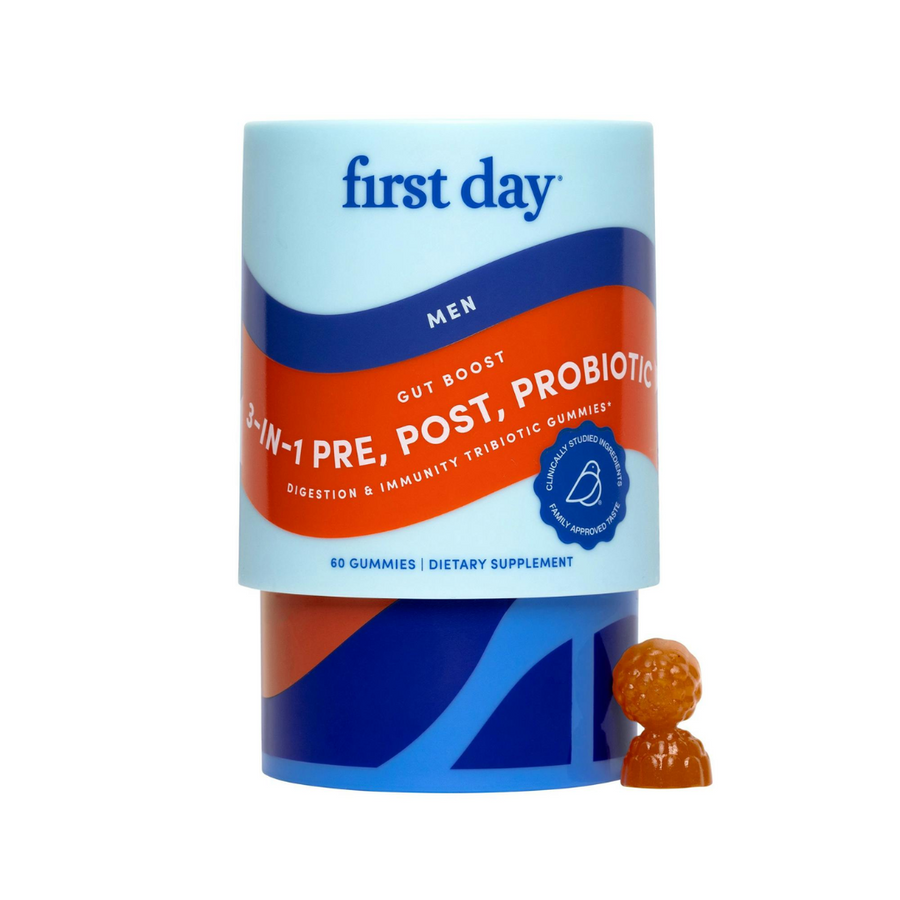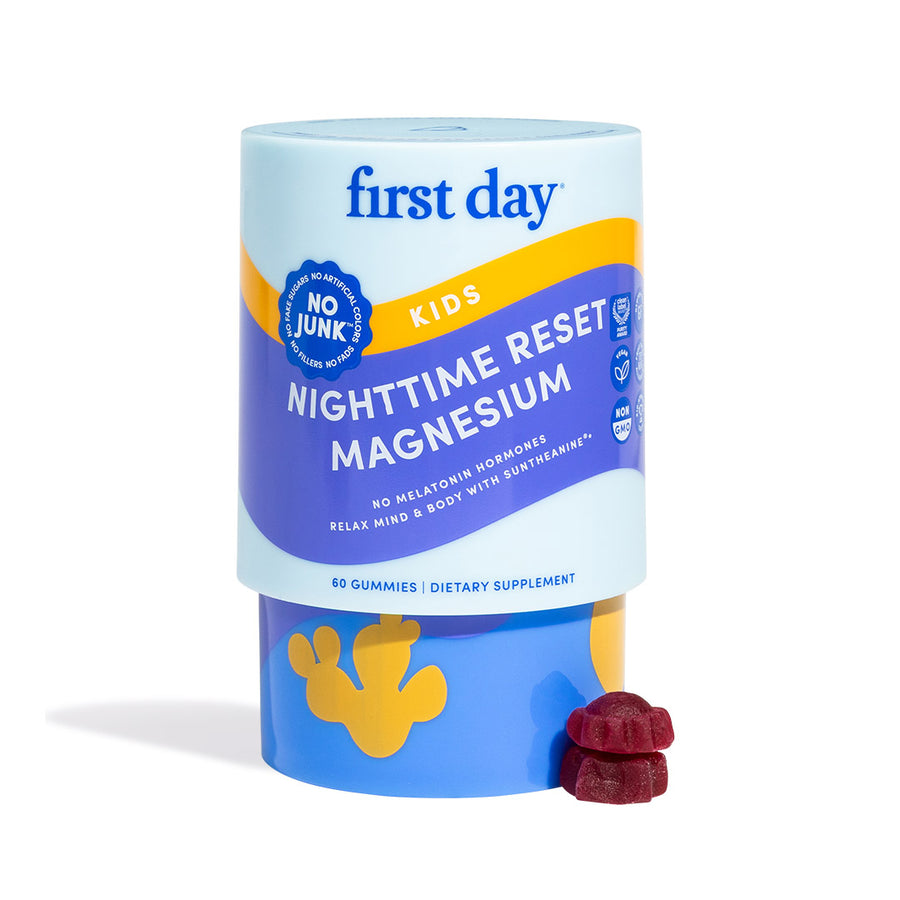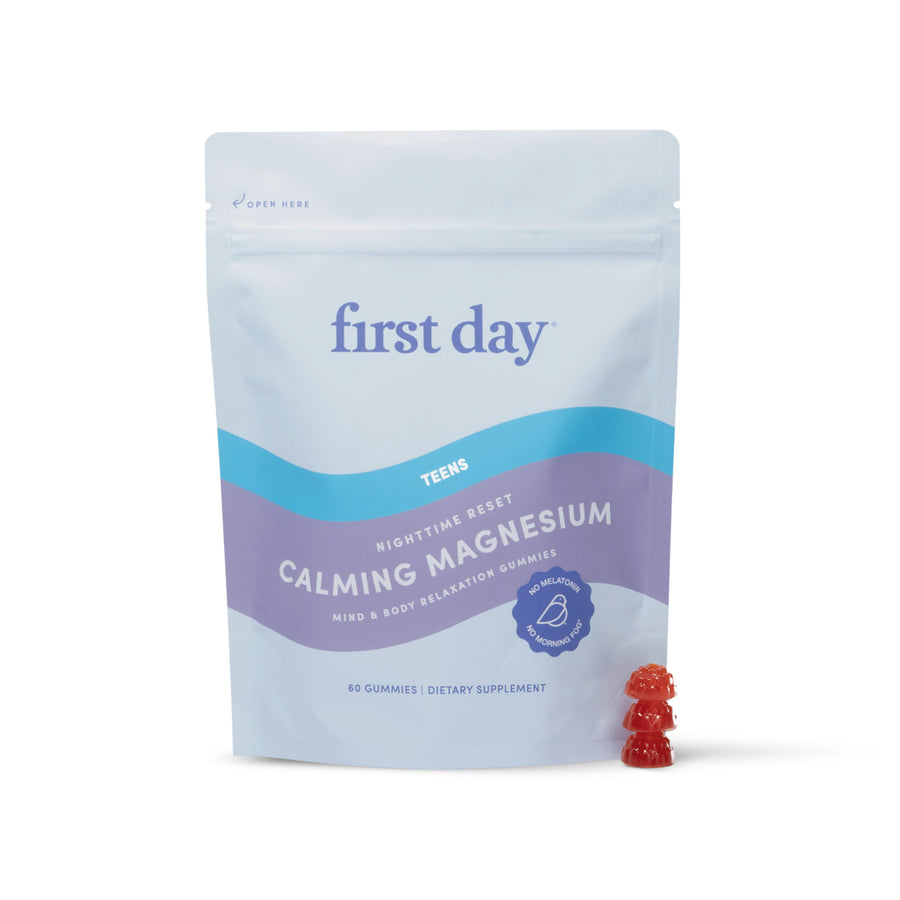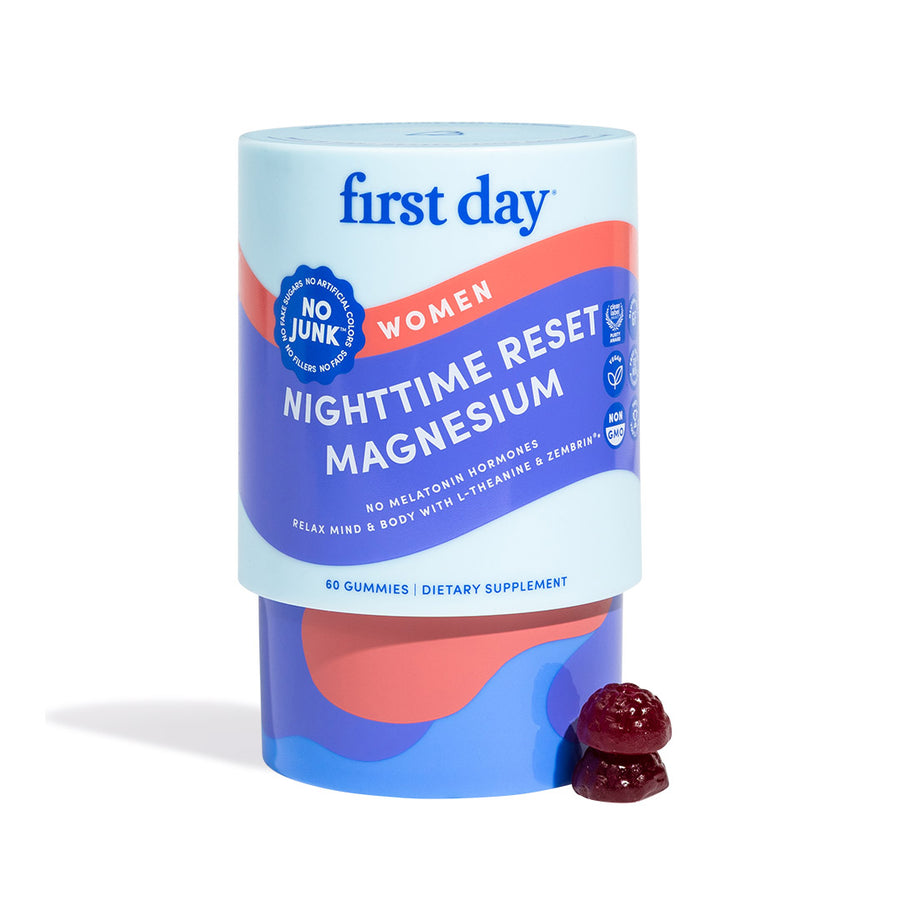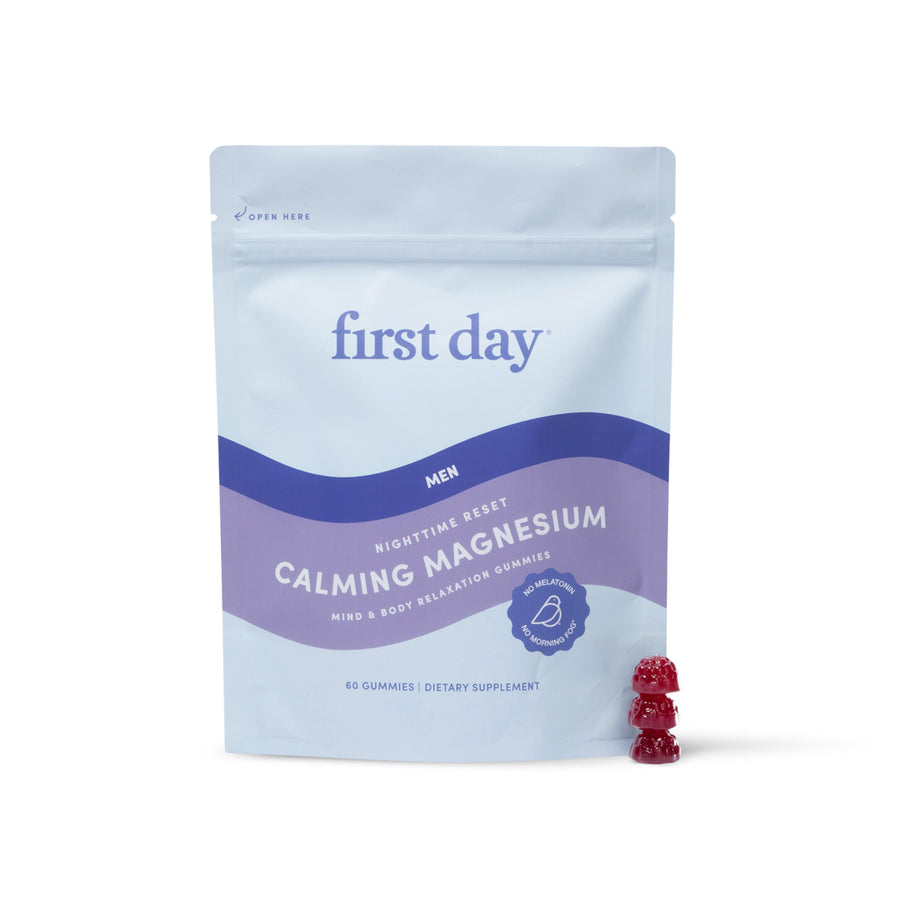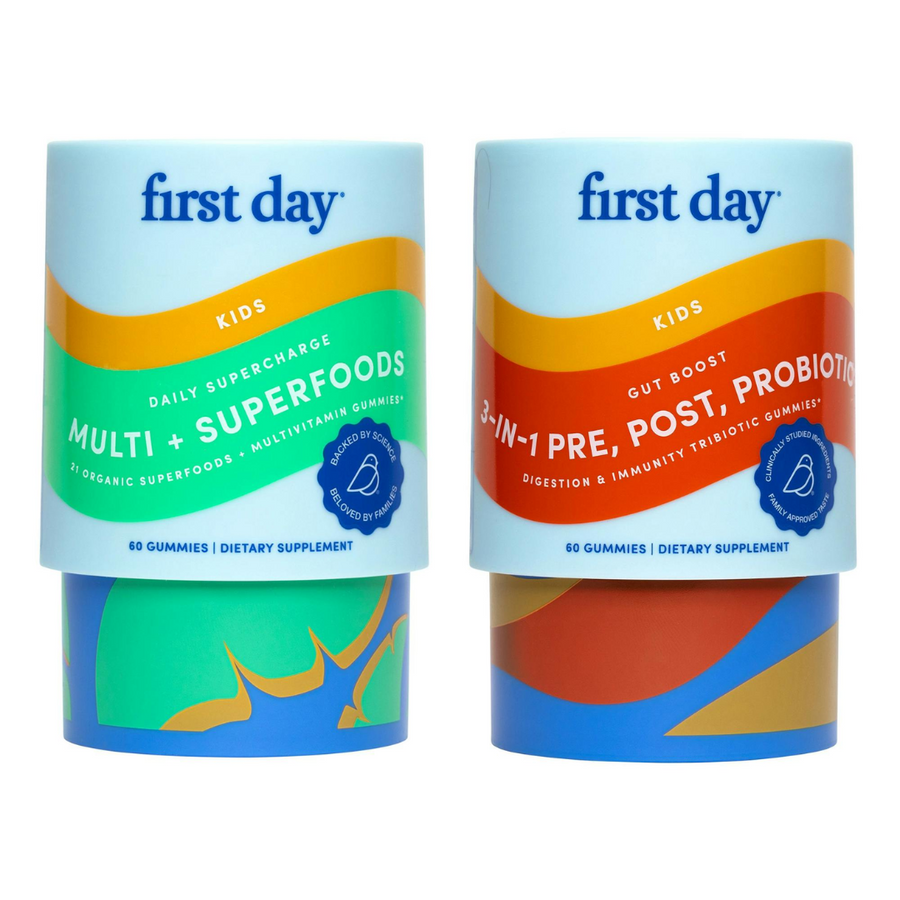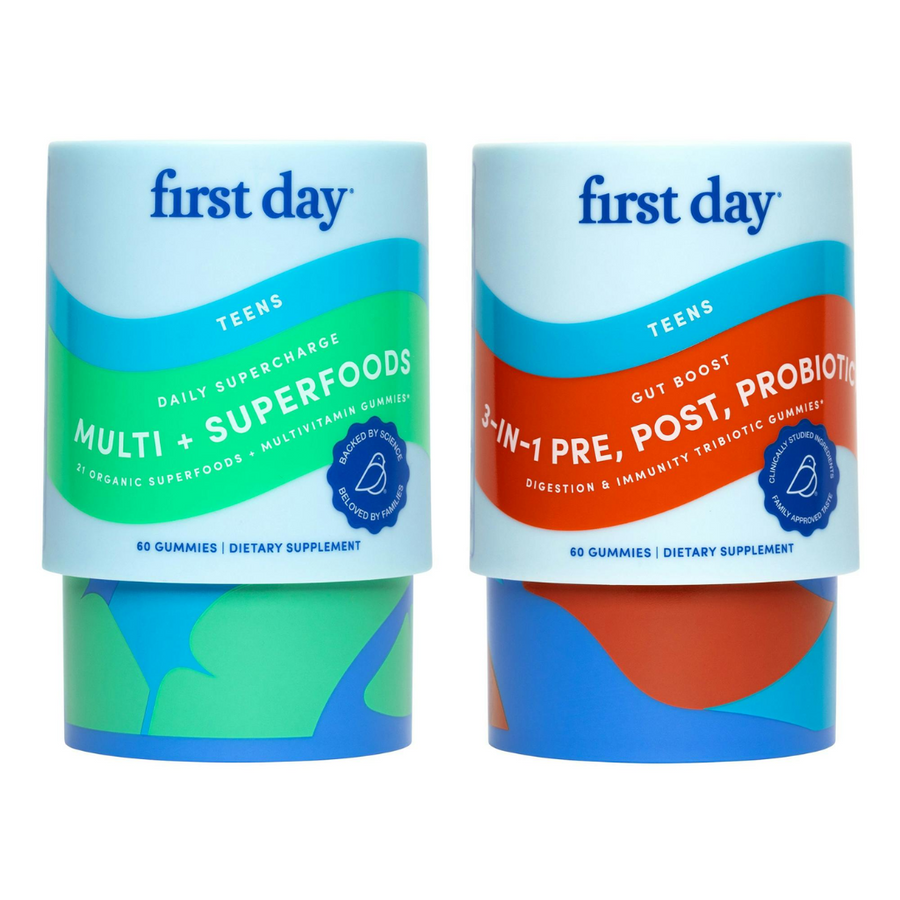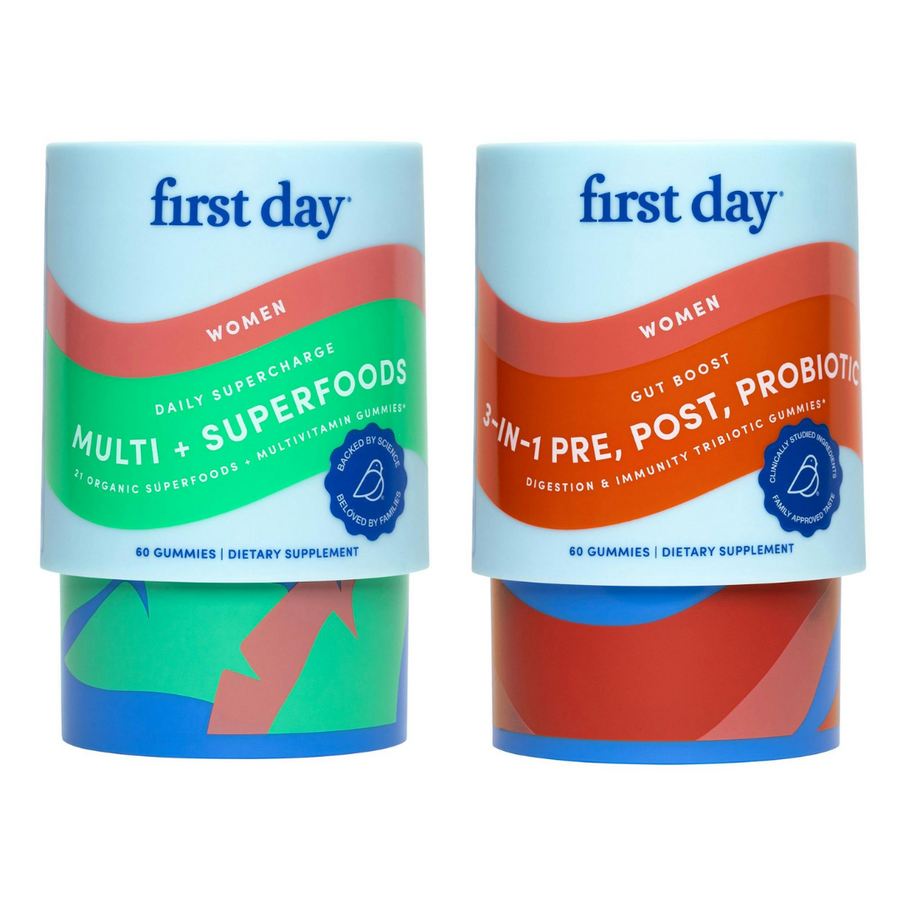The world of health and nutrition can get overwhelming with all of the information we are bombarded with daily. “There is always a new trend or study emerging that claims to have the miracle product that will improve your health,” says Victoria Whittington, dietitian. It’s easy to get confused as to what is really good for us. Whittington says, “It’s so important to understand the facts and research behind these claims so you can make informed health decisions that work best for you.”
Take sugar for example. There is much debate about which sugar may be better for health, particularly cane sugar and coconut sugar. Both have been recently become popular as a sweetener to replace other forms of sugar. Whether we are extremely health conscious or not, one thing's for certain: too much sugar is never good for our overall health.

What Is Sugar?
Before we get started on dissecting whether coconut sugar or cane sugar is better for health, let's begin by identifying what sugar is and what some of the common kinds of sugar are.
Sugar is a form of carbohydrate that contains carbon, hydrogen and oxygen molecules. Carbs are broken down in our bodies, which becomes our source of energy. Our body relies on that energy for our day-to-day tasks and is also instrumental for our brain and central nervous system.
What Are The Different Kinds Of Sugar?
A good way to look at the differences and similarities of coconut and cane sugars is to look at their nutritional profiles.
-
Regular Table Sugar
This kind of sugar is also referred to as "granulated sugar", "white sugar" or "table sugar". It's easily the most common type of sugar that's made from either beet sugar or cane sugar that goes through a refining process.
-
Brown Sugar
Brown sugar gets its color from the molasses added into it. It's usually used in baking for its color and complex flavor.
-
Raw Sugar
Raw sugar doesn't necessarily mean it's unrefined or unprocessed. Granulated sugar is 100 percent sucrose with all of the molasses removed. Raw sugar is refined sucrose that still has some of its natural molasses. It can also be made by mixing white sugar with specially prepared molasses.
-
Palm Sugar
Palm sugar is commonly known as “natural sugar,” and is made from the sap present in the flower buds of the coconut palm tree. It goes through minimal processing and often contains few additives.
-
Added Sugar
Added sugar are sugars that are added into food and beverages during production. The added sugar may come from any source.

What Is Coconut Sugar?
Coconut sugar comes from the coconut palm sap in a coconut tree. This is the sugary fluid that circulates in the coconut plant and goes through two processes: The flower of the coconut palm is cut and the liquid sap is extracted then it's heated until most of its water evaporates.
Coconut sugar shouldn't be confused with palm sugar. While they essentially go through the same process, they are extracted from different palm trees. Its color is similar to raw sugar but coconut sugar granules are particularly smaller.
What Is Cane Sugar?
Cane sugar is known to be the oldest sugar in the world. It dates all the way to 8,000 years ago when it was first discovered in India.
Cane sugar comes from sugar canes and is often referred to as dried cane syrup. It's also commonly mistaken as refined sugar. However, they are not the same. Cane sugar is minimally processed, and goes through a process of filtration and evaporation while refined sugar, which is often believed to be the unhealthiest kind of sugar, goes through more extensive processing.

Coconut Sugar Vs Cane Sugar: Breaking Down Their Nutritional Values
A good way to look at the differences and similarities of coconut and cane sugars is to look at their nutritional profiles.
-
Coconut Sugar
What's interesting about coconut sugar is its ability to retain its nutrients such as zinc, iron, potassium, and calcium. All these play an important role in your bodily functions. Moreover, coconut sugar contains a small amount of inulin, a soluble fiber that can make post-meal blood sugar spikes less likely.
One teaspoon of coconut sugar contains:
-
15 calories
-
4 grams of carbohydrates
-
4 grams of sugar
-
0 grams of protein
-
0 grams of fiber
-
0 grams of fat
Although some people believe that coconut sugar is keto, this is incorrect as it contains too many carbs to reasonably incorporate into a ketogenic diet.
-
Cane Sugar
Cane sugar is an equal source of carbohydrates to coconut sugar. One teaspoon of cane sugar contains:
-
16 calories
-
4 grams of carbohydrates
-
4 grams of sugar
-
0 grams of protein
-
0 grams of fiber
-
0 grams of fat

Coconut Sugar Vs Cane Sugar: Comparing Their Health Benefits
Another way to compare coconut sugar and cane sugar is to look at their health benefits.
Coconut Sugar
Here are some of the ways coconut sugar can benefit your health:
-
Has A Lower Glycemic Index
Glycemic index (GI) measures just how fast foods can cause blood sugar spikes. Coconut sugar has a GI of 54, while regular table sugar has a GI of 60. The glycemic index only considers the blood sugar raising effect of a food when consumed by itself. So unless you’re eating coconut sugar by the teaspoon full with nothing else, this measurement doesn’t mean much.
If you have diabetes, you should consider monitoring your carbohydrate intake and paying special attention to what foods and ingredients cause significant post-meal blood sugar increases. You can always seek advice from your doctor or a registered dietitian for more guidance.
-
It Reduces The Risk Of Hypoglycemia
Our bodies rely on glucose to power us through the day. Coconut sugar, like other sugars, can help raise your blood sugar levels and reduce the risk of low blood sugar, otherwise known as hypoglycemia. This condition leads you to feeling dizzy, nauseous, and often hungry. Most healthy people who eat regularly throughout the day don’t have to worry about hypoglycemia.
-
It Improves Your Gut Health
Coconut sugar contains inulin, a type of fiber that some believe may improve your gut health. It may also help slow down your body's processing of glucose. However, it's important to note that the amount of fiber you get from coconut sugar is minimal, considering you have to keep your sugar consumption in check. That's why it still pays to have a well-balanced nutrient-varied diet. This way, you are able to get the vitamins and minerals you need to stay healthy.
Cane Sugar
Here are some of the ways cane sugar can benefit your health:
-
It Provides A Steady Source Of Energy
Similar to coconut sugar, cane sugar is packed with glucose that your body uses as its energy source. Just remember to always consume sugar with caution. Having just enough of it will be burned as energy. However, having too much of it will only be stored as fat, and can lead to unintended weight gain.
-
It's Packed With Antioxidants
Some minimally refined cane sugars contain antioxidants compared to other sweeteners like refined sugar or corn syrup. Antioxidants help to lower the risk of heart disease and other diseases.
-
It Can Boost Your Mood
Cane sugar, like other sugars, triggers the release of serotonin, the feel-good hormone that's responsible for boosting our mood. When we feel good, we are able to manage stress better and have a better outlook. However, it's always helpful to remember that anything in excess can be bad for you. Balance your sugar intake with other high quality whole foods in ensure you're doing your body good.
Coconut Sugar Vs Cane Sugar: Using One In Place Of The Other
Whether you're trying out a new cake recipe or looking to bake some blueberry muffins , sugar is one ingredient you’ll surely find in the recipe. Cooking with both has its similarities and differences but you can use them interchangeably.
One thing to keep in mind is that cane sugar is sweeter than coconut sugar. If you choose to use the latter, you may need to add more of it. If you are going to use cane sugar, you'll need to be more mindful of how much you put in. Beyond their nutritional values and health benefits, flavor, color and sweetness all play a role when you cook with either.

Coconut Sugar Vs Cane Sugar: Which Is Better?
When it comes to comparing cane sugar and coconut sugar, it ultimately boils down to how much of it you use. Both have distinct characteristics, but these sweeteners aren't always healthy if you use too much of them. Even if you go for ones branded as "natural sugars" or "natural sweeteners" but use it excessively, it will still be unhealthy.
The key is always check and balance. “In general, sugar is sugar. They both provide carbohydrates for the body and in similar quantities. Use which sugar you like better and in moderation. Balance your sugar intake with whole foods like fruits, vegetables, whole grains, dairy, and protein,” says Victoria Whittington, registered dietitian. Be mindful of the kind of sugar you choose and the amount you use. It's always good to live by a nutritious, well-rounded diet so your body will always get just the right amount of essential vitamins and minerals from different foods.
Victoria Whittington, RD

Victoria Whittington graduated from the University of Alabama with a Bachelor of Science in Food and Nutrition. She completed her dietetic internship at Iowa State University. She is also a certified personal trainer with experience training individuals and small groups. Victoria is passionate about making healthy eating and enjoyable exercise accessible and achievable for all. She loves cooking and developing healthier versions of her favorite foods. Victoria believes that eating well doesn't have to be expensive, boring, or complicated. It is her mission to share evidence-based nutrition information and real-life strategies to live a healthy lifestyle with the world. In her free time, she can be found working out at the gym, trying new restaurants, visiting her family in California, or watching her favorite TV shows and movies.

